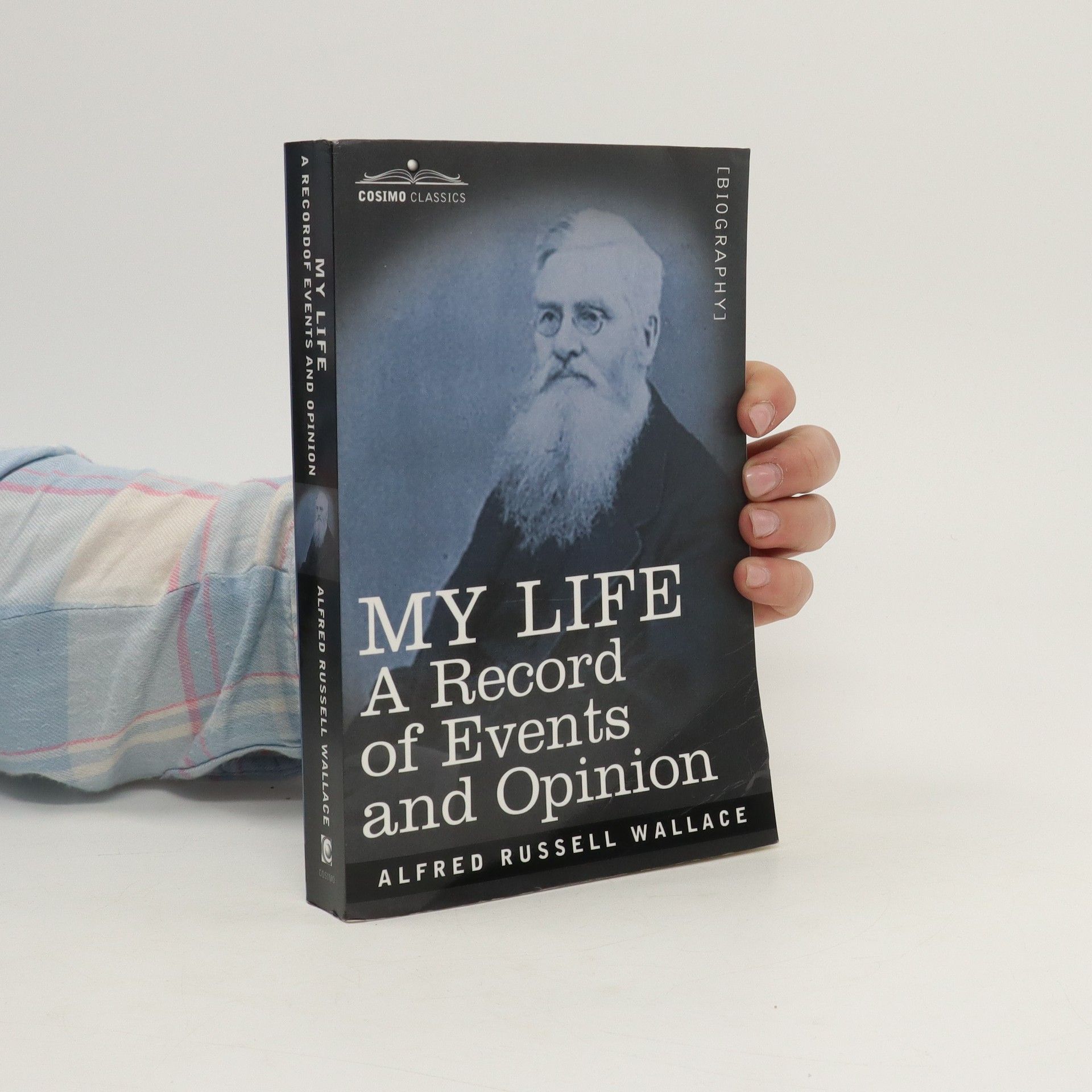"Author of the curious The Wonderful Century, British biologist and explorer ALFRED RUSSEL WALLACE (18231913) here brings to readers a review of his own life. Discover: the studies that led him on exotic exploits, like his journeys through the Amazon River basin and the Malay archipelago researching plant and animal species; the radical social views that brought him much infamy at home, such as his refusal to believe that evolution, theories of which he developed in parallel with Darwin, could account for human endeavors such as mathematics and art. Spiritualist, creative thinker, and adventurer, Wallace led a singular life detailed with humor and humility in this autobiography. History buffs and those who are interested in the major scientific figures of the 19th century will love getting to know this influential scientist."
Alfred Russell Wallace Libri
Questo naturalista ed esploratore britannico è rinomato per aver proposto indipendentemente la teoria della selezione naturale, che spinse Charles Darwin a pubblicare le proprie scoperte. L'ampio lavoro sul campo di Wallace nel bacino amazzonico e nell'arcipelago malese lo portò all'identificazione della Linea di Wallace, un confine biogeografico, consolidando il suo status di "padre della biogeografia". Oltre a co-scoprire la selezione naturale, contribuì alla teoria evolutiva con concetti come il colore di avvertimento e l'effetto Wallace, proponendo come la selezione naturale favorisca la speciazione. Wallace fu anche un visionario, che sostenne lo spiritualismo, criticò l'ingiustizia sociale e fu tra i primi scienziati a sollevare preoccupazioni sugli impatti ambientali.



The Malay Archipelago, Volume II
- 436pagine
- 16 ore di lettura
Wallace's journey through the Malay Archipelago is meticulously chronicled, highlighting his extensive collection of over 126,000 specimens, many of which were new to science. His travels not only enriched biological knowledge but also shaped his theories on evolution, culminating in the 1858 outline of natural selection that he shared with Darwin. This work, a significant contribution to 19th-century scientific exploration, is republished with a new introductory biography, reflecting its enduring impact in the field of natural history.
The Malay Archipelago, Volume I
- 460pagine
- 17 ore di lettura
The narrative centers on Alfred Russel Wallace's extensive journey through the Malay Archipelago, where he meticulously collected over 126,000 specimens, many of which were new to science. His experiences during this eight-year expedition significantly shaped his views on evolution, culminating in the formulation of his theory of natural selection, shared with Charles Darwin in 1858. This work stands as a seminal contribution to scientific exploration in the 19th century and is presented here in its first volume, accompanied by a new introductory biography.